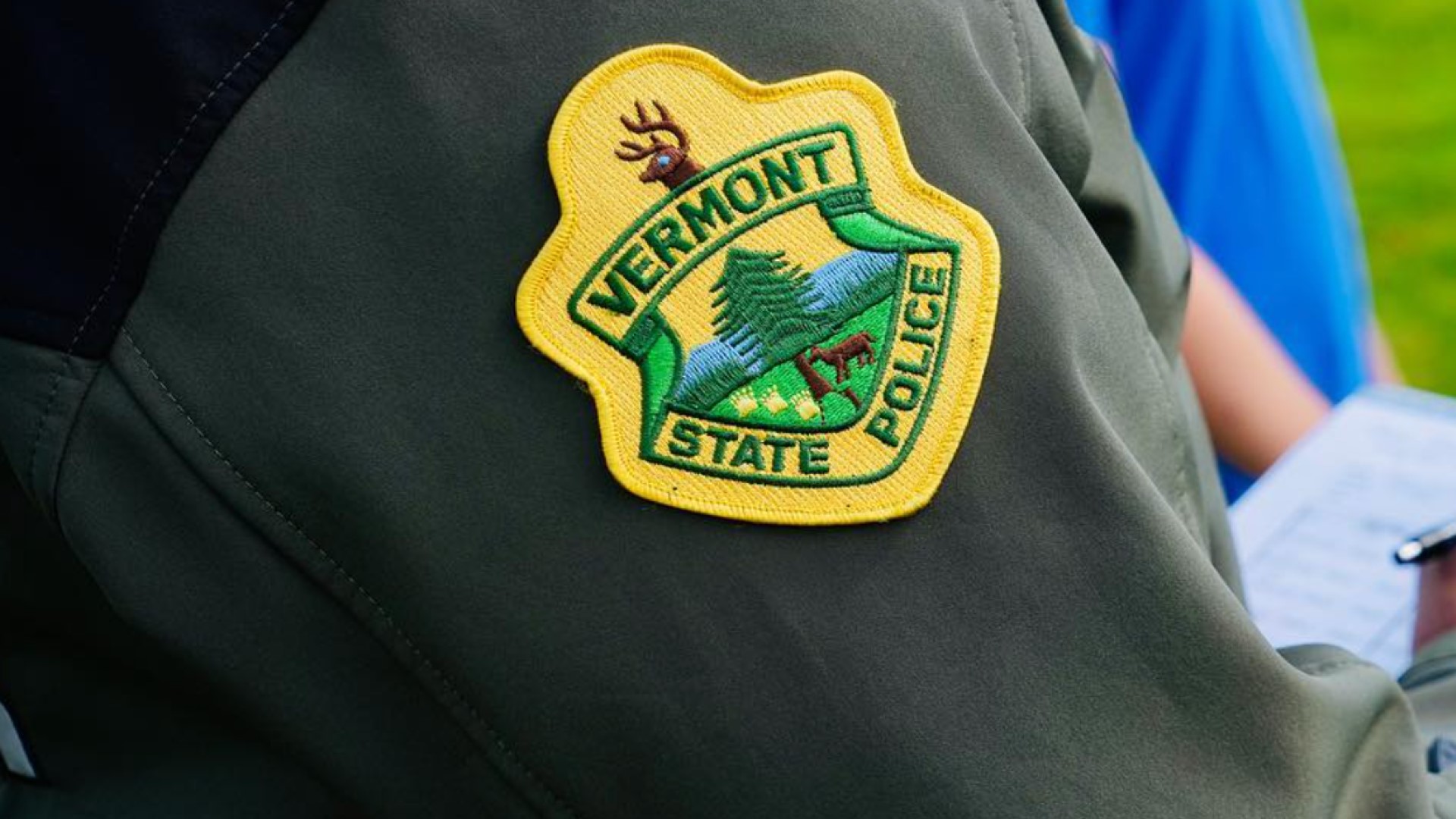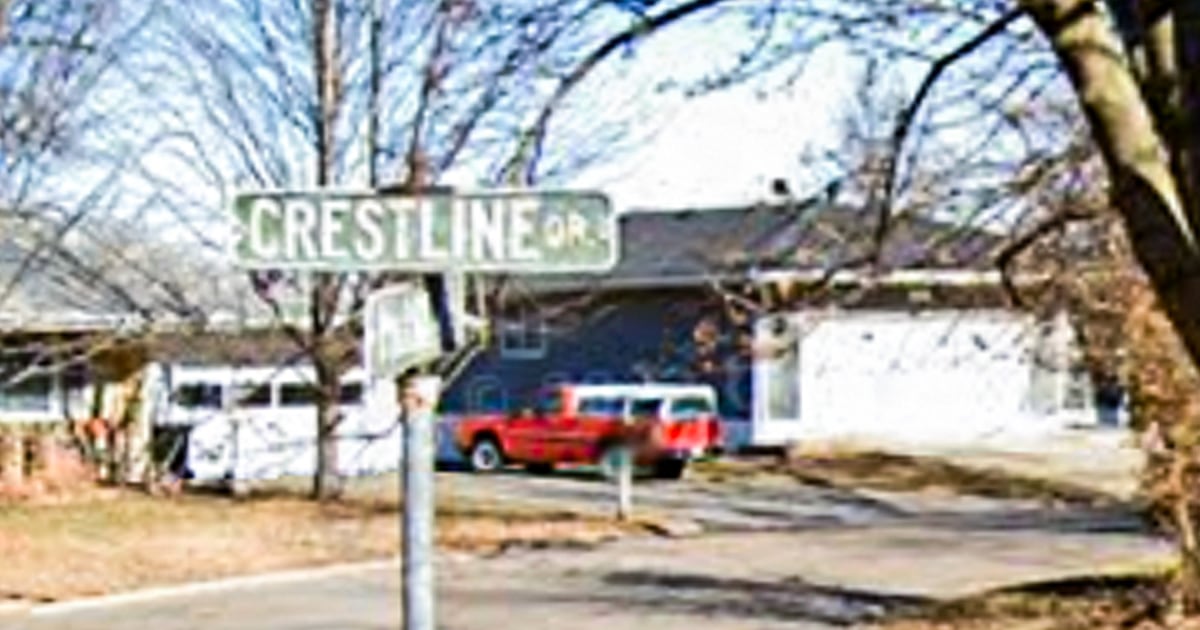TUNBRIDGE — Every couple weeks, Cindy Metcalf makes the trek from the Bethel Food Shelf to the Orange County Parent Child Center in Tunbridge to pick up diapers for food shelf clients.
In the year since the partnership was established, Metcalf estimates that it has saved the nonprofit food shelf thousands of dollars, which can then be used to purchase food for a growing number of patrons.
“Before we connected, we were buying diapers, and they’re so expensive,” said Metcalf, who volunteers at the food shelf. “It’s a huge part of our budget if we have to buy them, and sometimes we can’t afford it and can’t supply them.”
But now Metcalf is worried that partnership might be in jeopardy after the state’s largest diaper bank — which distributed diapers to parent-child centers throughout Vermont — closed and funding from the Legislature has fallen short.
In early August, the Junior League of Champlain Valley, a South Burlington-Vt., based nonprofit organization, announced it was closing its diaper bank. The diaper bank was originally established in 2018 to serve Chittenden and Franklin counties, according to a report from the organization. It then grew to serve 13 of Vermont’s 14 counties, including Orange and Windsor in the Upper Valley, according to a Facebook post announcing its closing.
“While it has been our great privilege to leverage our 100% volunteer organization to provide diapers to Vermonters in need, it is not a solution,” the post read. “Thus, due to a lack of resources and funding, we had to make the hard decision to close our doors.”
The decision followed a request for $380,000 in state funding to operate a diaper bank that would include a small paid staff to oversee diaper distribution throughout the state. Instead, the Legislature approved a one-time $100,000 appropriation which will be shared by the state’s parent-child centers.
State. Sen. Ginny Lyons, D-Chittenden, who worked on the legislation, said lawmakers were hesitant to fully fund a separate nonprofit organization and wanted to see a plan already in place before committing state funding.
“If we see an organizational structure that includes parent-child centers and they have a system for access and distribution, that might be what happens going forward,” Lyons said. “I think there is interest in the Legislature overall to make sure people have access to diapers when they’re in need of those.”
The state provides funding to the 15 legislatively mandated parent-child centers throughout Vermont. The centers also receive funding from municipalities, in addition to private donations and other fundraising efforts.
Prior to COVID-19 pandemic, parent-child centers — including the Springfield Area Parent Child Center in Springfield, Vt., and the center in Tunbridge — always had diapers on hand for families in need.
“It was a very small diaper bank. We weren’t giving out as many,” said Kayla Bapp, who oversees the diaper bank at the Springfield Area Parent Child Center, which serves 20 towns in southern Windsor and northern Windham counties, including Windsor, West Windsor and Weathersfield in the Upper Valley. “We found during the pandemic is when everything sprouted.”
Bapp estimated that 25 to 30 families, often with more than one child, get a total of 3,000 diapers from the Springfield center each month. The only requirement is that they live in the Springfield center’s service area; they do not need to meet any income requirements. The most popular sizes are fives and sixes, which children typically use right before starting potty training, Bapp said. A box of diapers, containing about 100 to 120 diapers, can cost around $40, Bapp said.
“That can be really daunting for families,” she said.
Like Springfield, the Tunbridge center started to see an increase in need for diapers during the pandemic, said Lindsey Trombley, executive director of the Orange County Parent Child Center. While the center had a diaper bank before the pandemic, it did not get as much use.
“It may not have been as advertised pre-COVID, and because we had this great partnership with the diaper bank, we put it out there more to families,” Trombley said.
That also allowed the center to partner with other nonprofit organizations such as the Bethel Food Shelf.
“Historically we’d love to partner with them. Now I’m hesitant to do outreach to fulfill other agencies’ needs while also making sure we have the appropriate inventory to meet our community’s needs here,” Trombley said. “It’s a vicious cycle.”
Traditionally, the center gives families two or three packages of diapers at a time, and she worries that they might have to switch to one package to better distribute the supplies.
There are around four or five families who stop by the Bethel Food Shelf once a month for diapers, Metcalf said.
“They come in and are delighted when they see things are so expensive that are breaking their banks,” she said.
When the food shelf has to buy diapers, volunteers usually make a trip to BJ’s in West Lebanon, which has the lowest prices. The organization is unable to purchase wholesale diapers.
“We wouldn’t be able to afford a bulk purchase, and we probably couldn’t store a bulk purchase,” Metcalf said. “They are the thing that, if we had to choose between buying food and buying diapers, we’d probably choose to buy food.”
Outside of diaper banks, families have limited options for free diapers, Bapp, in Springfield, said. She noted that families who receive money through the Supplemental Nutrition Assistance Program, known as SNAP, cannot use their Electronic Benefits Transfer cards, known as EBTs, to purchase diapers. While some families receive a $100 to $300 cash benefit along with their EBT cards, it is usually intended to go toward paying for gas and utilities. Additionally, families who use WIC — a separate SNAP benefit that supports families with young children — cannot use it to pay for diapers, Bapp said.
Amy Johnson, director of the Parent Child Center of Northwestern Counseling & Support Services, St. Albans, Vt., noted that most child-care centers require families to supply their own diapers and wipes. If families are unable to provide those, they may not be able to send their child to day care, limiting their ability to work themselves.
“There’s a real ripple effect that I don’t think is always understood by some folks,” Johnson said. “Once a family goes down that ripple effect … that continues to impact that family short- and long-term.”
That could lead to added stress for families at a time when they are already experiencing more stress due to increases in costs of living, such as utilities and food. Families who are under more stress are more prone to incidents of domestic abuse, Johnson said.
“I don’t think people realize that you can make a connection to diapers and abuse prevention,” she said. “Diapers seem like a small issue. It’s a much bigger issue.”
Johnson, Trombley and Bapp said parent-child centers are committed to continuing to provide diapers to families in need. After the $100,000 in state funding allocated for diapers runs out, the centers will look to their general budgets to find the money.
“We can’t count on this funding next year,” Trombley said. “I’m confident every parent-child center is going to figure it out, but it also hits our bottom line too.”
Area nonprofit organizations and community groups have also taken up the cause, including the Vermont District 45 Lions, which represents 32 Lions clubs in the state, including those in Royalton, Norwich and Springfield. The clubs have started a project called the “Lions Diaper Brigade” to distribute diapers to parent-child centers throughout the state.
“It’s a matter of health for the child,” said Deb Savery, who has been a Lion for 30 years and works at the Springfield Area Parent Child Center. “It’s not something you can put on the back burner and say, ‘I’ll go get them next week when I have more money.’ You have to get them now.”
Savery said people sometimes ask why families won’t switch to cloth diapers to save money, but she noted that those come with their own expenses — including time. That can be even more challenging if a family has to go to a laundromat to wash them.
“It still costs to do laundry, to wash all the diapers,” she said.
In addition to launching diaper drives and other fundraisers, parent-child centers also are upping their advocacy at the community and state level.
“I know how important it is and how it can derail a family, and I’m just not OK with it,” Johnson, in St. Albans, said. “Nobody should be OK with it.”
Those interested in contributing to the Vermont District 45 Lions diaper drives are encouraged to reach out to their local Lions club; they can also email Carol Greene at vtlioncarol@gmail.com. Liz Sauchelli can be reached at esauchelli@vnews.com or 603-727-3221.




























